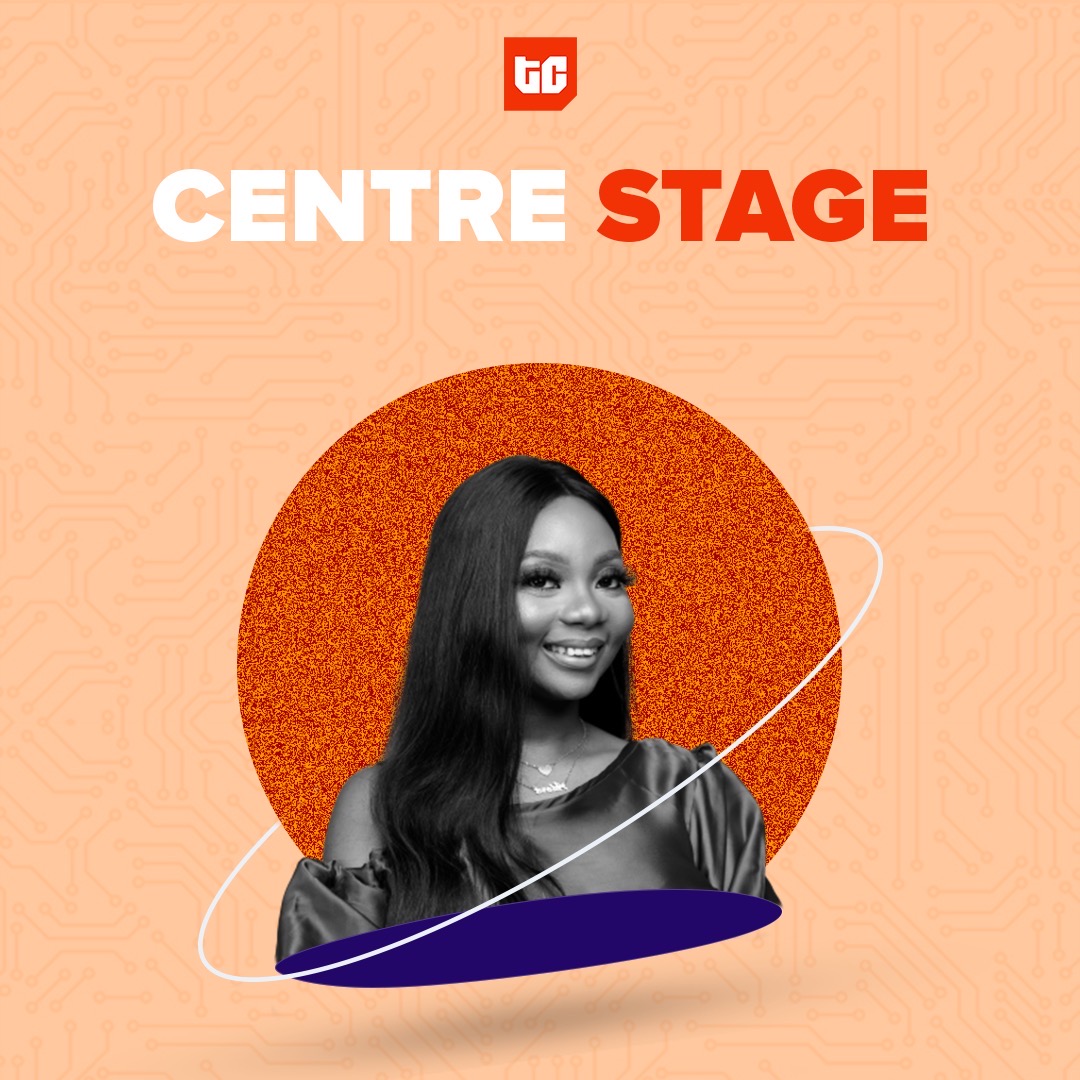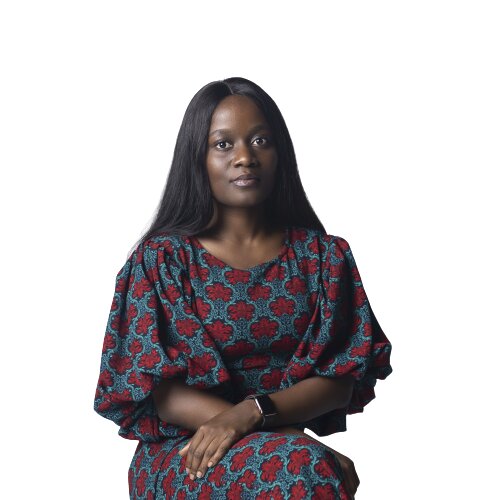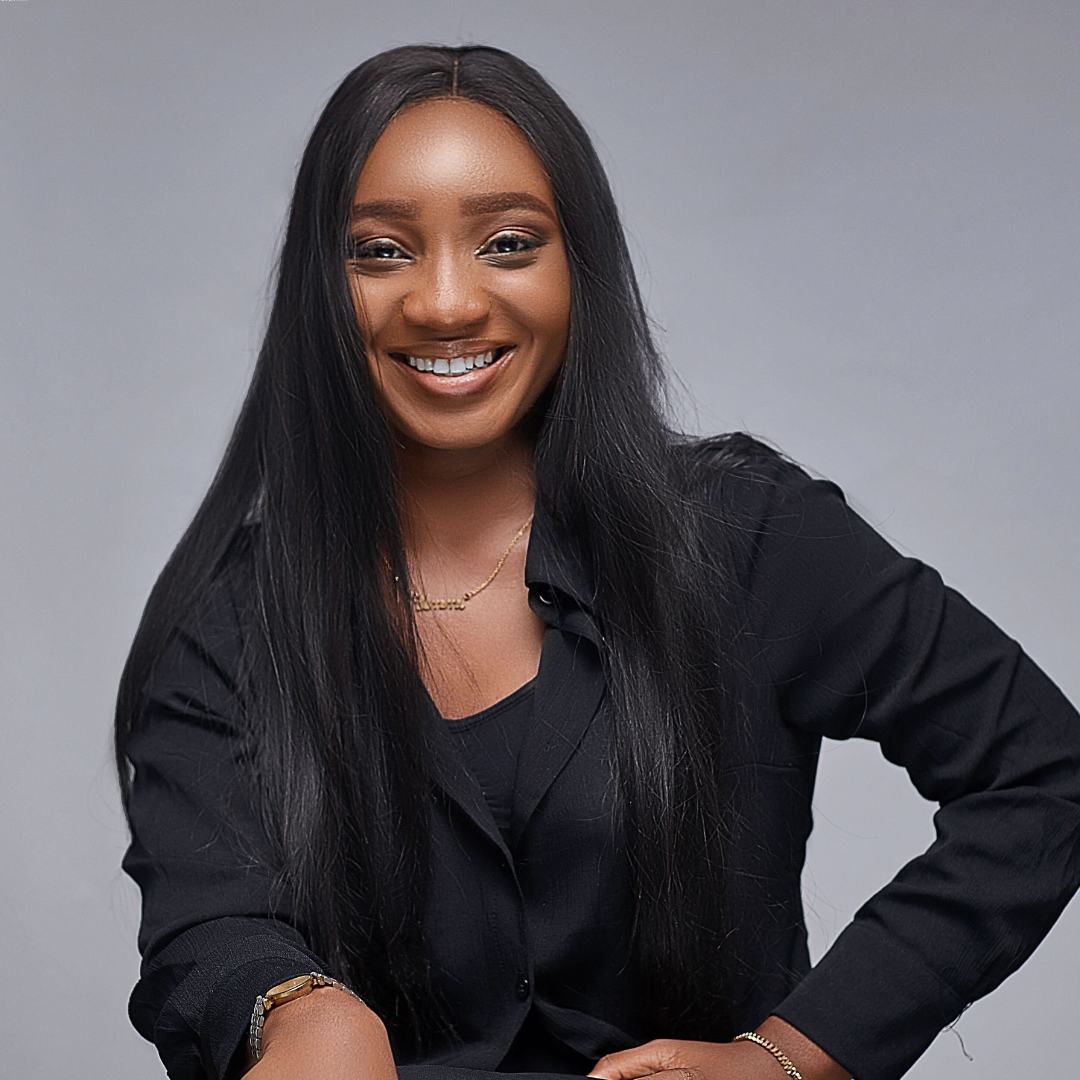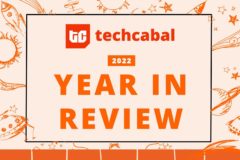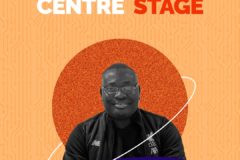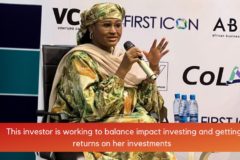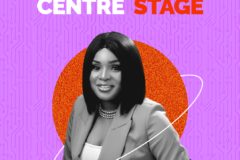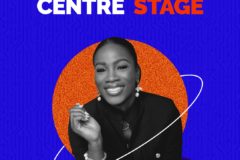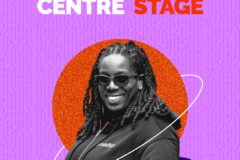Adora Nwodo is a 25-year-old software engineer based in Lagos. She currently works as a cloud engineer at Microsoft and is the author of Cloud Engineering for beginners. I’m bringing Adora to Centre Stage because she has shown great commitment to strengthening developer communities across Nigeria and is an advocate for African women in technology.
Adora Nwodo on cloud engineering and mixed reality
Koromone Koroye: Hi Adora, thanks for agreeing to speak with me. Please, tell me a little about yourself.
Adora Nwodo: I am a software engineer currently building mixed reality on the cloud at Microsoft. I am also a public speaker, published author, digital creator, and occasional DJ.
KK: Are there any differences between cloud and software engineering, or are the terms interchangeable?
AN: There are differences. Anyone who designs, builds, implements, and maintains software applications is a software engineer.
Cloud engineers are typically hired to deploy or scale up new and existing cloud resources. Cloud engineers literally do their engineering on the cloud, whether software engineering or DevOps engineering.
KK: What does it mean to build mixed reality (MR) products?
AN: Before I talk about mixed reality, let me briefly explain the difference between augmented reality (AR) and virtual reality (VR).
AR is essentially an enhanced and interactive version of our physical and real world. If you have ever used Snapchat or Instagram filters, you have interacted with AR somehow.
On the other hand, VR is a computer-generated environment that usually requires a head-mounted display (HMD) or headset to enjoy a fully-immersed digital experience.
Mixed reality blends both AR and VR and provides an interesting middle ground for both technologies. MR gives you the immersive VR experience and the chance to interact with multiple digital objects. Furthermore, MR gives you the illusion that these digital objects exist in your physical space. I can see holograms in my room when I wear a mixed reality headset, but I still get to experience my room as it exists in real life.
KK: Fascinating! What do you enjoy about building mixed reality products in your current role?
AN: I’m building a platform called Mesh for Microsoft. Mesh is the engine that will power the metaverse. Building Mesh has been an exciting experience, primarily because most of the ideas we are working on are relatively new and unknown. Sometimes, building in uncharted territory without a pre-existing playbook to fall back on, can be frustrating. Still, I choose to enjoy the learning process of pioneering a new industry or sector.
Digging deeper with Adora Nwodo
KK: How did you get into cloud engineering? What piqued your interest?
AN: Before joining Microsoft, I already had a vested interest in technology, artificial intelligence (AI), quantum computing, and cloud engineering. When I found out about the Microsoft role and that it involved working with mixed reality, I was immediately interested in being a part of the team. During my early months in Microsoft, I primarily worked on the HoloLens before transitioning into cloud-related projects.
KK: Is there a learning curve to accommodate cloud engineering? What are the specific courses people need to take?
AN: If you’re trying to come into cloud engineering, taking an introductory computer science course is essential. The cloud is basically a network of computers, so you need a foundational understanding of computers to understand what is going on. Take any fundamental course on computer science; learn about Linux, operating systems, networking, and cloud fundamentals of the computer.
KK:
AN: No, it didn’t. I worked with an advertising agency as a software developer before moving to Microsoft.
KK: What was it like transitioning from working at an agency to moving to a more structured and global company like Microsoft?
AN: Joining Microsoft was a breath of fresh air for me, and it wasn’t necessarily about the company as much as it was about the team. I’m a big advocate for working with great teams rather than just great companies. The transition was easy for me because I was excited about the opportunity to build solutions I am passionate about and become the kind of engineer that I have always dreamed of.
Adora on being an African woman in technology
KK: What changes do you think need to be made for gender biases to be eradicated in our ecosystem? It’s obviously going to take a while, but practically speaking, what kind of changes do you think need to be made?
AN: When we talk about gender bias, some people think it’s always conscious, but unconscious biases also exist. I implore African startups and businesses to hold recurring bias training sessions for their employees throughout the year. We can’t start the mindset shift if we don’t educate people and expose them to their conscious and unconscious biases.
Hannatu Asheolge: You are pretty influential in the Nigerian tech ecosystem. You’re also a blogger, published author, and active YouTuber. How has putting yourself out there helped you grow?
Adora Nwodo: Putting myself out there is one of the reasons I got into Microsoft at the time that I did. Being active in the developer community and on LinkedIn at that time put me on a recruiter’s radar; it helped me acknowledge that I’m a big fan of learning in public. If I didn’t try to learn in public by posting tweets about things I was reading or learning, people wouldn’t have reached out to me to offer help. Finally, it helped me build my network. Going to ecosystem-related events, meeting new people, and taking on collaborative projects has helped my professional growth.
HA: You recently announced that you were accepted into a Stanford Graduate School of Business (GSB) programme. What does this acceptance mean to you as a young Nigerian woman?
AN: I am excited about learning career-accelerating skills like leadership and business management, and I get to be a part of the impressive GSB network.
HA: Do you have any tips you’d like to share about balancing work life and school?
AA: First of all, I don’t know if balance is achievable. I like to think we just try our best and leave the rest to vibes, to a great extent. Delegation is a skill everyone needs to learn on the job. You don’t have to do everything, primarily when you work with a team of talented people. How you prioritise your tasks and assignments matters as well. Prioritise, delegate, and ask for help.
My calendar has also made my life easier recently. I use it to schedule most of my days to avoid wasting time on unnecessary tasks.
HA: You’re very vocal about your non-work-related hobbies and interests. Can you share some of your favorite hobbies or after-work activities?
AN: I love going around drinking wine and eating steak and mashed potatoes. I enjoy the whole restaurant-hopping thing with a bunch of my friends where we’re just eating good food and drinking wine. I also DJ at lounges and curated events.
HA: You’re currently part of several communities. Can you share a few that have helped shape your professional and personal growth?
AN: I’ve been a part of several communities, but the one that really helped a lot at the start of my career was Google Developer Groups(GDG). I was a co-organiser for GDG Ajah and a member of GDG Lagos. My involvement with them helped me meet many tech people at that time. Currently, I’m VP for the Nigerian chapter of the VR/AR Association. The goal is to advocate for VR and AR usage in this region and let the world see what Nigerian companies are doing with VR and AR technology.
HA: You’re a young woman with a thriving career. Do you see yourself sticking with cloud engineering for a long time, or is there a career pivot in your future?
AN: There’s a career pivot in my future. I see myself taking on more roles that allow me to make business decisions within tech organisations pretty soon. Engineering decisions are fun, but I definitely want to take on roles that will enable me to make more business and product decisions at some point in my career.







